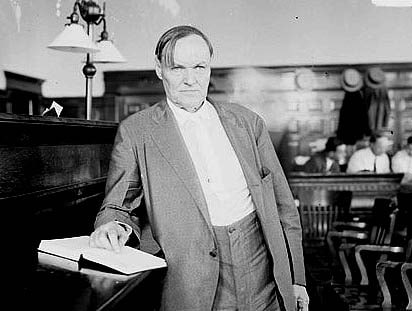Design of Life
Nearly 20 years ago, a small non-profit in Texas, The Foundation for Thought and Ethics (FTE), published a short supplemental textbook called Of Pandas and People (Pandas). This event did not go unnoticed. The National Center for Science Education (NCSE) soon thereafter published numerous reviews condemning Pandas as a “creationist … ‘equal time’ tract” that presented “a pot pourri of half-truths, untruths, and nonsense.” Law review articles were published hoping to prove Pandas unconstitutional. In 2005, a federal judge banned Pandas outright from science classrooms in Dover, Pennsylvania — but only after denying FTE the right to appear before the court to defend the book. Most troubling, the judge largely ignored the published text of Pandas, instead scrutinizing long-forgotten pre-publication Read More ›






































